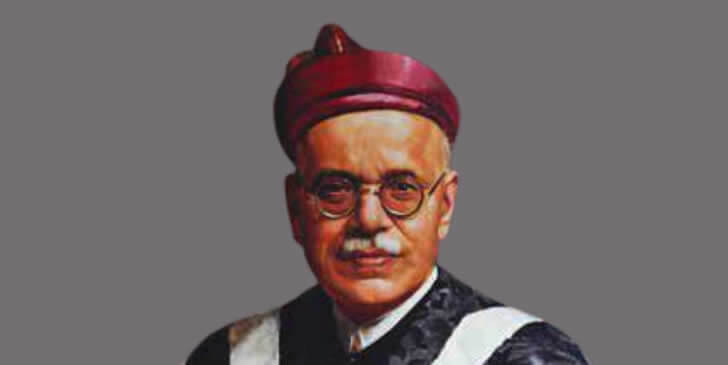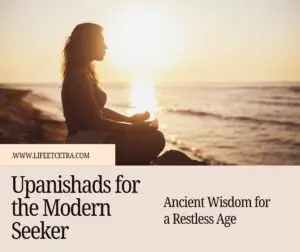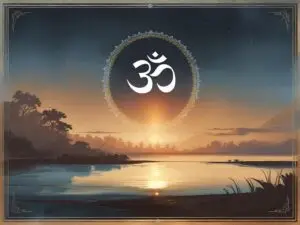Among the great Indologists of the Globe, Late Pandurang Vaman Kane, popularly known as P V Kane was a prominent Indologist and Sanskrit intellectual per excellence. P V Kane received India’s highest civilian award Bharat Ratna in the year 1963 for his erudite work that crossed more than forty years of his active speculative study that resulted in six thousand five hundred pages that is History of Dharmaśāstra. This book is a treatise on Indian history. The renowned historian Ram Sharan Sharma once said: “Pandurang Vaman Kane, a great Sanskritic wedded to social reform, continued the earlier tradition of scholarship. His monumental work, the “History of the Dharmasastra“, published in five volumes in the twentieth century, is an encyclopedia of ancient social laws and customs. This enables us to study the social processes in ancient India.”
Bharat Ratna P V Kane was born in a village called Parasuram near Chiplun in the Ratnagiri district of Maharashtra in India on the month of 7th May year 1880 in a Chitpavanbrahmin family. After studying Sanskrit and Law he became a lecturer and subsequently enrolled himself as an advocate in Bombay High Court. Amid these professions, he found time and energy to write books and research papers running to about 15,000 pages in print.
Here, it could be mentioned that the town hall of the famous Asiatic Society of Mumbai in India, whose resources P V Kane had researched, later, the Asiatic Society honoured him with an institute in his name. This was a great admiration for a highly talented academician.
P V Kane is well-known for his masterwork in English, History of Dharmaśāstra (Ancient and Medieval Religious and Civil Law). This effort drew the historical expansion of legal concepts, principles, and rules in primaeval and medieval India through a comprehensive survey of religious and legal texts and other historical sources. It was first published in five volumes published between 1930 and 1962. The second editions were issued of several volumes and the latest appeared in the year 1975. As already mentioned, this work comprises a total of more than 6,500 pages. P V Kane used the resources available at prestigious institutes such as the Asiatic Society of Mumbai and Bhandarkar Oriental Research Institute mostly for research works. This treatise is known for its vastness and deepness on diverse subjects such as the Ramayana, Mahabharata, the Puranas and Chanakya – including references to previously obscure sources. The richness of the work is attributed to his in-depth knowledge of Sanskrit. His success is believed to be an outcome of his objective study of the texts instead of glorifying them. Everyone will agree that the History of Dharmaśāstra is helpful for students and researchers especially. Kane also wrote the book named Vyavaharamayukha. ‘History of Poetics’ was one of his other great accounts. Apart from Theology and Poetry, Kane wrote a great deal on other matters also, which included Astrology, Cultural and Geographical history of India-Maharashtra-Konkan- Vidarbha, Marathi language, its grammar, language & handwriting, the economics of Kautilya (Chanakya), Mathematics, Dramatics, etc. There are a total of 198 publications in his credit. They include 39 texts, 115 articles, 44 books, introductions and reviews. P V Kane was a remarkable academician to be remembered.
P V Kane was rewarded as Mahamahopadhyaya (The greatest among the great teachers). He served as the vice-chancellor of the University of Mumbai. His services were demanded and enlisted for establishing Kurukshetra University in Indic studies. He was awarded the Sahitya Akademi award in 1956 for History of Dharmaśāstra, vol. IV for his research under the Sanskrit translation category. He was also an honorary member of the Bharatiya Vidya Bhavan to his credit.
He was nominated to the Rajya Sabha as a member of Parliament for his distinguished record in the field of academics. The Asiatic Society of Mumbai sponsored a stamp in his honour, which was released by the Governor of Maharashtra on 18th April 2022 last year. He was conferred D. Litt, Honorary Membership of School of Oriental Studies, London, Doctorates from Poona (Pune), Allahabad and many other Universities, received Rashtrapathi’s honour etc. To show respect in memory of this great person, the Asiatic Society of Mumbai established the P.V. Kane Institute for Post-Graduate Studies and Research in 1974 to promote, encourage and facilitate research in oriental studies. Also, P.V. Kane Gold Medal is given once every three years to a scholar for outstanding contribution to the study of Vedic, Dharmashastra or Alankara Literature.
According to P V Kane, one who is about to eat food should greet the food when it is served to him, should honour it, never speak ill and never find fault in it. (Kane, History of the Dharmaśāstras Vol. 2, p. 762) Though he studied and analysed various Dharmasastra texts, he had no hesitation in pointing out their commissions and omissions concerning modern thoughts and practices. He was a great humanist and took a healthy interest in the poor and downtrodden. He helped many families in distress irrespective of their caste and community.
The low-caste Mahar people were not permitted to witness the famous Ganesha festival in Bombay by the Brahmin Sabha. Dr. Kane fought against this obnoxious practice and Mahars were permitted to witness the Ganesha festival. Mahatma Gandhi expressed his happiness over the act of Dr Kane.
Some poor people were fighting against the Indian Railways without any success. Dr. Kane took up their case without any fee and won their case which helped hundreds of people. Thus, he became a man of the masses doing social service. Dr Pandurang Vaman Kane left for his heavenly abode on 8th May 1972 at the aged of 92. We as Indians are lucky to have such a great man who inspires the young generations to study for the greater benefit of society.
Dr Indrani Deka, M.Phil., Ph.D. B MUS
Assistant Professor in Sanskrit, Krishna Kanta Handiqui State Open University (KKHSOU)
Guwahati, Assam, India



